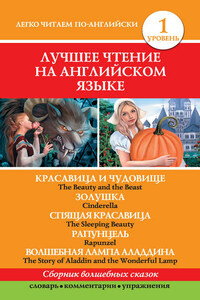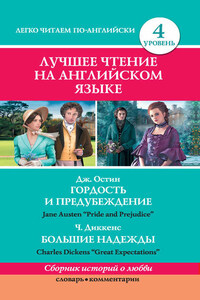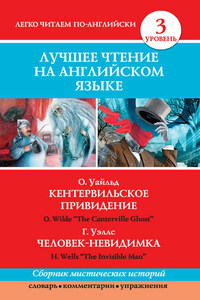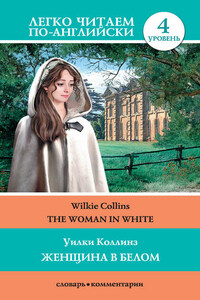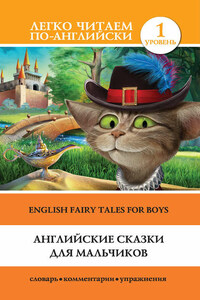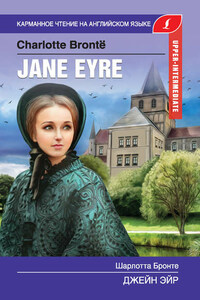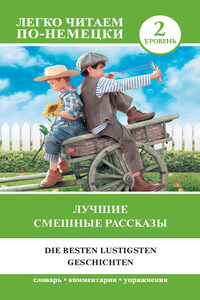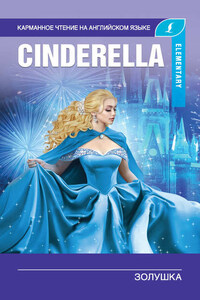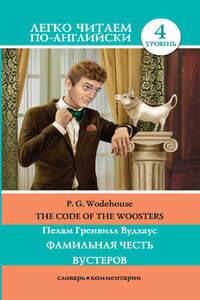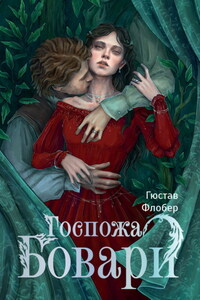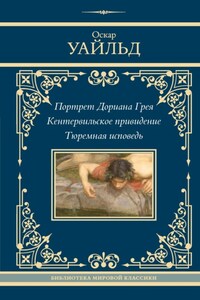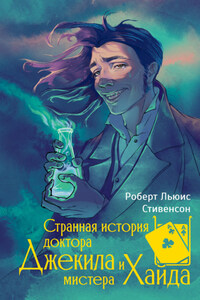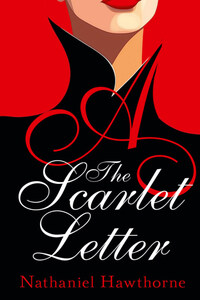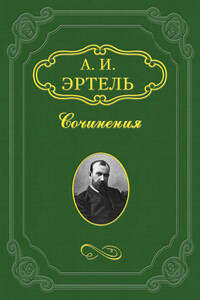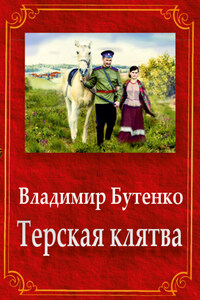There was once a very rich merchant, who had six children, three sons, and three daughters. His daughters were extremely beautiful, especially the youngest. When she was little everybody admired her, and called her “The little Beauty;” so that, as she grew up, she still went by the name of Beauty,[1] which made her sisters very jealous.
The youngest, as she was the most beautiful, was also better than her sisters. The two eldest had a great deal of pride, because they were rich. They went out every day to parties, balls, plays, concerts, and so forth, and they laughed at their youngest sister, because she spent the greatest part of her time in reading good books.
As it was known that they were great fortunes,[2] several eminent merchants proposed them; but the two eldest said, they would never marry, unless they could meet with a duke, or an earl at least. Beauty very civilly thanked them that courted her, and told them she was too young yet to marry, but chose to stay with her father a few years longer.
All at once[3] the merchant lost his whole fortune, excepting a small country house at a great distance from town, and told his children with tears in his eyes, they must go there and work for their living. The two eldest answered, that they would not leave the town, for they had several lovers, who they were sure would be glad to have them, though they had no fortune;[4] but the good ladies were mistaken, for their lovers slighted and forsook them in their poverty. As they were not beloved because of their pride, everybody said “they do not deserve to be pitied”. “But”, added they, “we are extremely concerned for Beauty, she was such a charming, sweet-tempered creature, spoke so kindly to poor people, and was of such an affable, obliging behaviour. Nay, several gentlemen were ready to marry her, though they knew she had not a penny; but she told them she could not think of leaving her poor father in his misfortunes, but was determined to go along with him into the country to comfort and attend him. Poor Beauty at first was sadly grieved at the loss of her fortune;[5] “but,” said she to herself, “I must try to make myself happy without a fortune.”
1. Translate into Russian:
merchant, to admire, jealous, pride, fortune, eminent, to propose, to marry, duke, earl, civilly, to court, excepting, poverty, to deserve, extremely, misfortune.
2. Answer the questions.
1. How many children did the merchant have?
2. Were the merchant’s daughters beautiful?
3. What was the youngest daughter called?
4. Where did the eldest sisters everyday go out?
5. How did the youngest sister spend the greatest part of her time?
6. Who proposed the sisters?
7. What happened to the merchant all at once?
8. What did people say about Beauty and her sisters?
9. Did anybody want to marry Beauty?
10. What did Beauty decide?
3. True or False?
1. The merchant had seven children.
2. The youngest daughter was the ugliest.
3. The two eldest daughters had a great deal of pride, because they were rich.
4. One day Beauty decided to marry an eminent merchant.
5. All at once the merchant lost his whole fortune.
6. The eldest sisters were not beloved because of their pride.
7. Nobody was concerned for Beauty.
8. Several gentlemen were ready to marry Beauty, though they knew she had not a penny.
4. Insert the right prepositions (at, to).
1. They went out every day __________ parties, balls, plays, concerts, and so forth.
2. They laughed __________ their youngest sister, because she spent the greatest part of her time reading good books.
